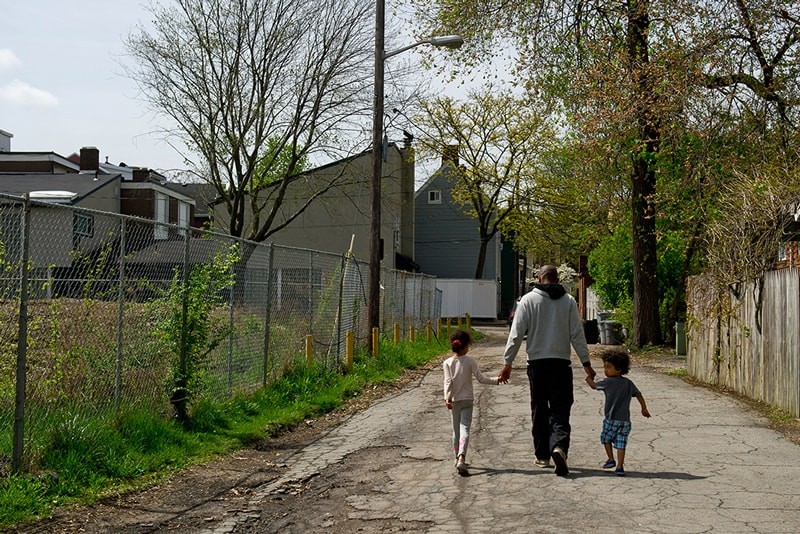
Clean drinking water, clean air, public parks and beaches, biodiversity, and open spaces are shared goods to which every person in the United States has an equal right both in principle and in law. Nature is supposed to be a “great equalizer” whose services are free, universal, and accessible to all humans without discrimination. In reality, however, American society distributes nature’s benefits—and the effects of its destruction and decline—unequally by race, income, and age.
